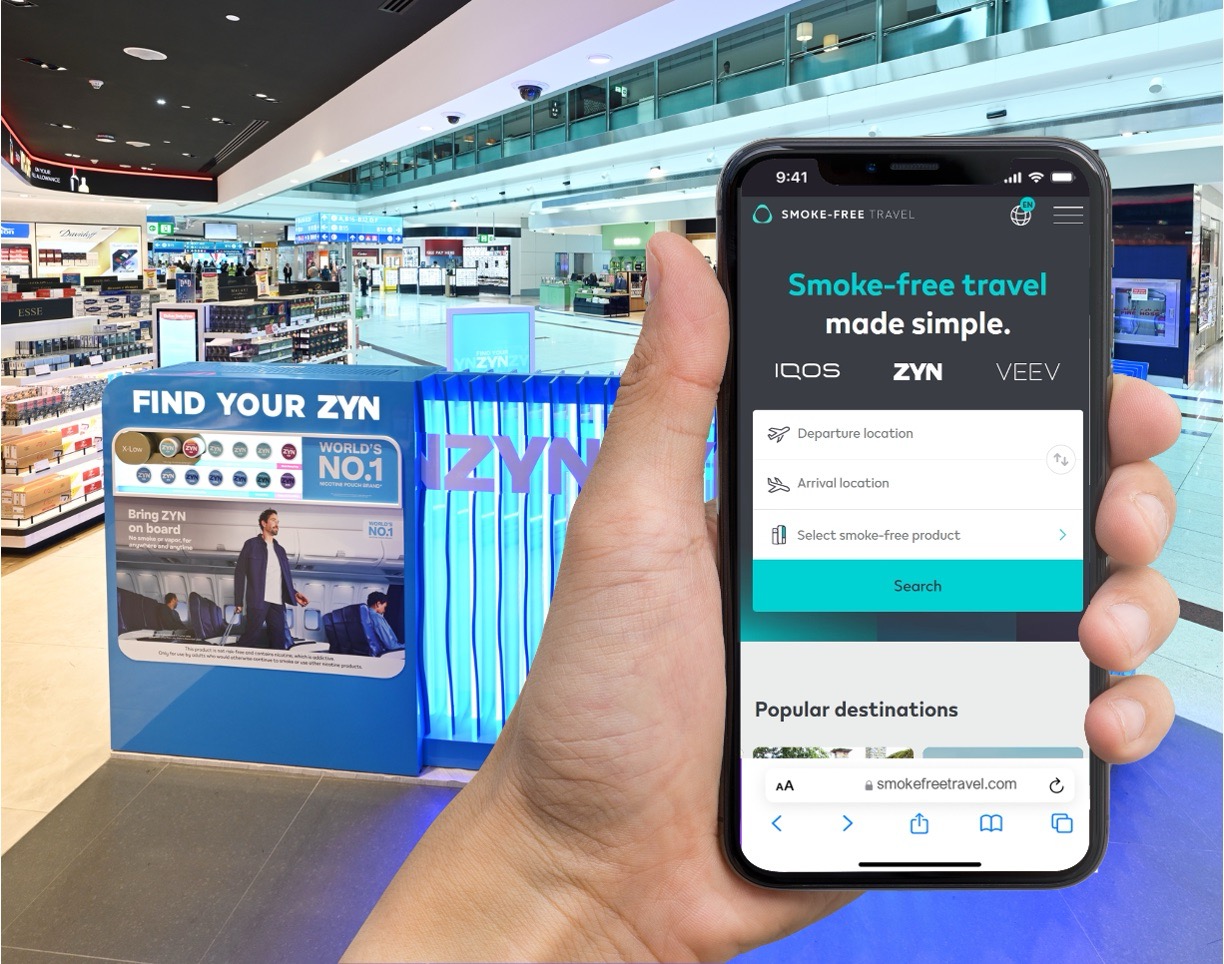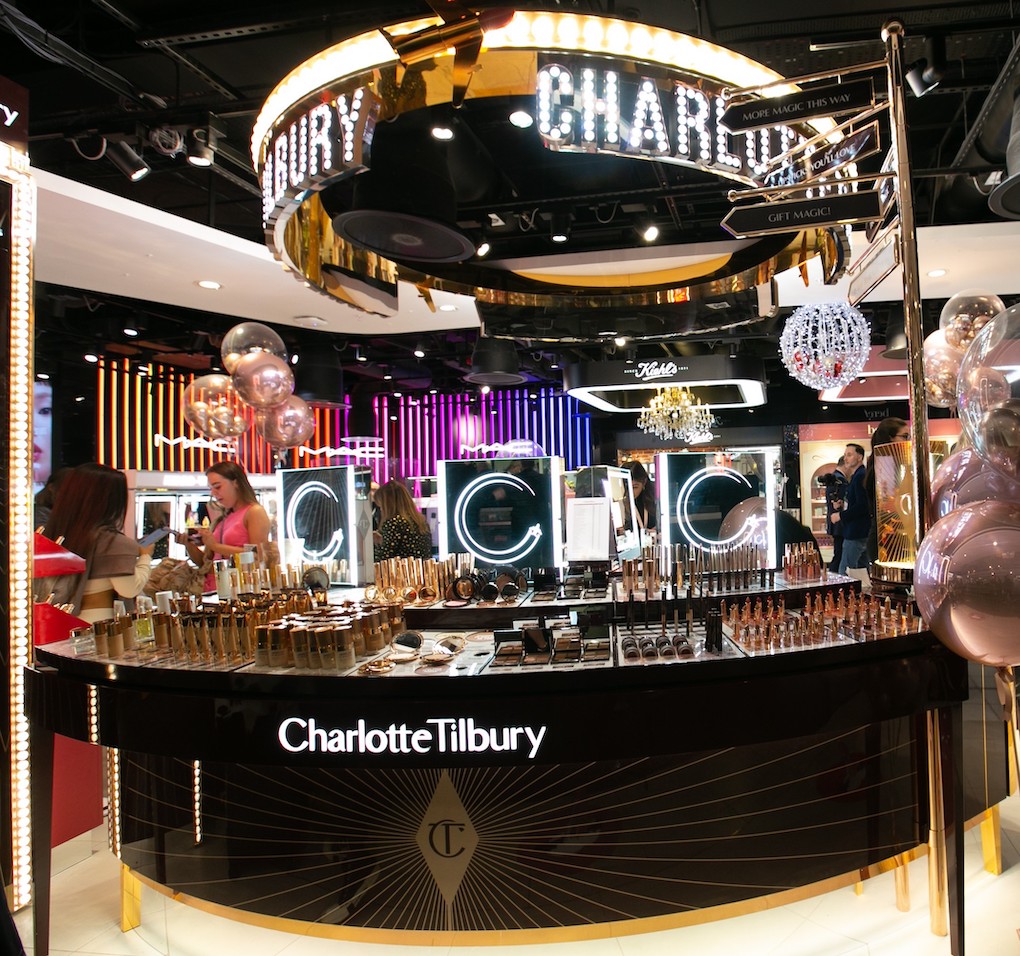AUSTRALIA. Proposed new aviation security regulations being drafted by the Department of Transport and Regional Services (DOTARS) are set to have a major impact on sales of liquor to passengers bound for Australia – and accentuate consumer confusion further
The Australian measures will take effect from 31 March 2007. They follow the government’s announcement late last year that it would introduce a round of aviation security measures, broadly in harmony with those introduced in the European Union (EU) on 6 November, 2006.
As in Europe, it is the question of transit or transfer passengers – either into Australia or from Australia (e.g. to New Zealand) – that is shaping up as the big negative arising from the legislation. But the Australian regulations, still to be finalised and subject to “˜industry consultation’, could be even tougher than the European ones in terms of restrictions on liquid items of over 100ml.
The Moodie Report understands reliably that passengers on any international air service arriving in Australia will have to be screened to a standard that includes liquids, aerosols and gels (LAGs) being measured at the last port of call (LPOC) [the latest miserable acronym to enter industry parlance since last August -Ed]. Airlines arriving into Australia will have the responsibility of ensuring this screening is undertaken.
The regulations as currently drafted will mean that from date of implementation any Australian-bound traveller will only be able to purchase duty free liquids in excess of 100ml at that last port of call – and even then only where gate delivery is in place. So for a London to Australia flight that puts down in Singapore, Changi Airport becomes the last port of call.
For flights to Australia, all LAGs, with the exception of duty free, will be restricted to 100ml containers contained within a one litre LAGs bag. But the crunch point comes in the wording relating to airside duty free purchases, where the proposed legislation specifically notes: “When the items are duty free, they may be transported [to Australia -Ed] if they are delivered to the gate in a sealed bag.” The only exception would be from states that have full bi-lateral agreements with Australian and equivalent airport security status.
Thus a passenger bound for Australia from a European airport who transits, say, in Asia, will not be able to take any liquid of over 100ml (for example a litre of Johnnie Walker Black) purchased from that European airport onboard the inbound leg to Australia – essentially a mirror image of the transit situation in Europe. And according to reliable sources, a liquor purchase at, say, Changi Airport, would only be permitted to be carried into Australia if gate delivered.
One airport retailer said he thought other than cases where a full bi-lateral agreement was in place, all duty free liquids in excess of 100ml might be banned from being brought into Australia.
“It’s not looking good,” said another. “There’s going to be utter confusion.”
No duty free liquids in excess of 100ml will be allowed through (international) transit screening points at Australian airports. So anyone flying, say, Hong Kong-Sydney-New Zealand would not get any such items past the transit screening point in Sydney.
Australian retailers are urgently seeking clarification of the regulations but as they stand it looks like further bad news for travelling consumers – and the industry that serves them.





